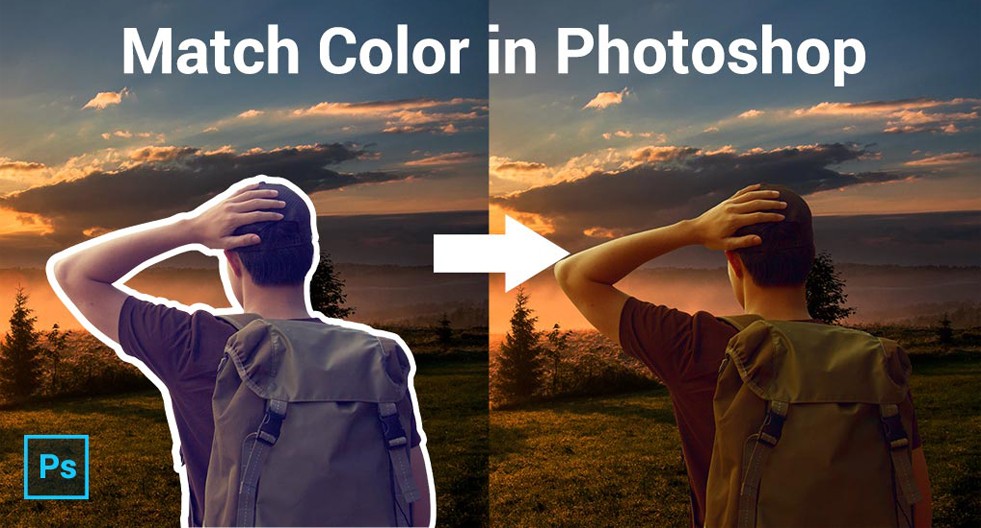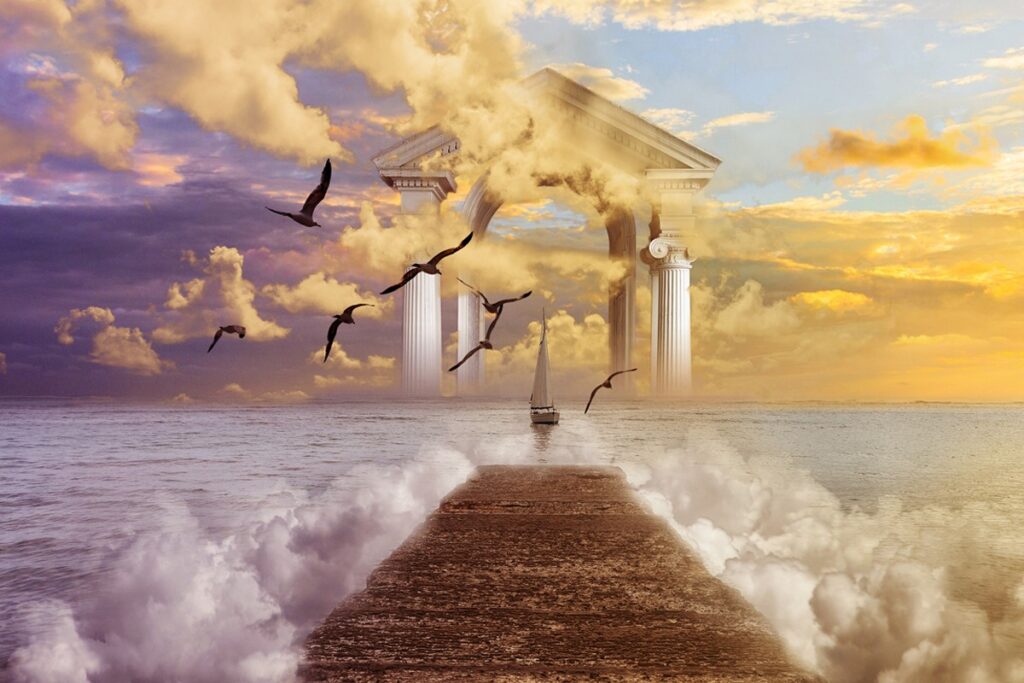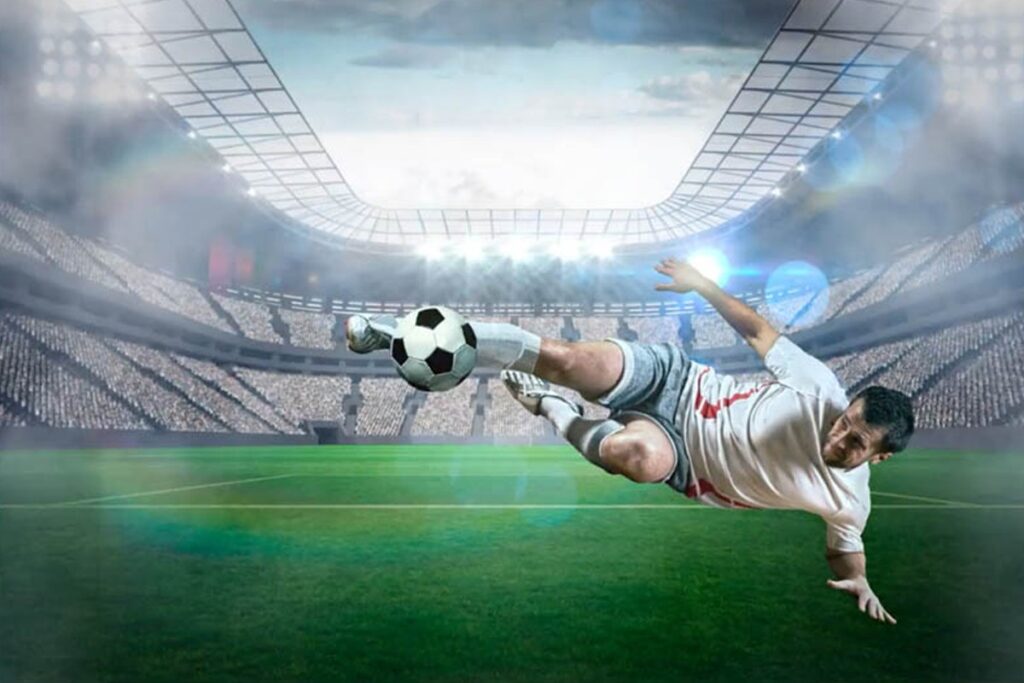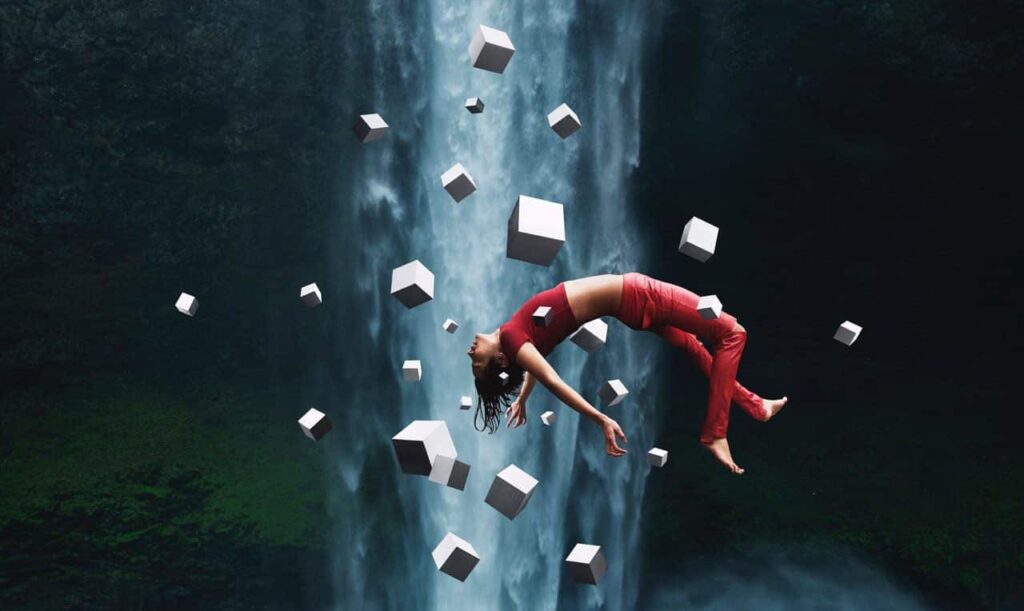Have you been traveling in the era of composition? The creative world of compositing needs a plethora of characteristics to certify whether this image is good for composition or not? Sometimes we feel hesitant to choose the perfect image for composition and in this regard, people need some help. Let’s talk about “How to choose the best image for compositing?” We will teach you how to analyze lighting, color, and some other perspectives of image composition.
We need the perfect combination of light and color within the image. Otherwise, it will not be a perfect choice to go for composition. Bad light or awful light create a series of problem and it needs to be avoided carefully. The perspective of your image is also important here. It should be on the right track. Do not choose any image which contains some bad light or the focus of your image is not up to the mark. When you have selected an image for composition check it in a Photoshop Window and find out whether its brightness and hue are okay or not?

In this regard, you need to make some experiments for a perfect outcome. You can simply try multiple subjects to make it more colorful and vibrant. In the end, it must have to be meaningful to the audience. It is one kind of experiment that you need to do yourself. The image topics or subject must have to be interesting so that your audience will feel something extra-ordinary here.

We need to build up this composition from the scratch. Firstly, take some preparation of it and then try to rebuild them. It needs some preparation. You can use free stock images for an experiment. While choosing those images be sure that they are royalty-free. We know that image composition means variation. Here, we will mix two or three images, and sometimes it could be even more. Eventually, we are trying to tell a story to the audience.

Think for a second you have done all things right like select appropriate background, or a perfect combination of colors or banners but if all the mixture is not good all the attempts will be ended in the smoke. In the case of composition, I firmly believe, post-processing plays an important role. The blending must have to be appropriate.
To begin with, I shoot everything in RAW; the strategies I will clarify underneath will guess that you do likewise. Frankly, and this can’t be said enough, with the evaluating on memory cards these days there is positively no motivation not to shoot in RAW. The benefits of doing so are simply too tremendous to overlook.

I for the most part start in Lightroom by taking out as much difference from the image as possible. In the manner in which I work, I will develop the required difference during the post handling in Photoshop. For what reason do I eliminate contrast just to add some back later? It’s about control.
I fundamentally utilize a mix of two procedures that incorporate Blur, High Pass channels, and the Apply Image work. This permits me to add differentiate and hone my pictures to the pixel and along these lines, I can utilize it to make a spotless smooth skin or a messy style picture with one work process as it were. (see the picture of Bora) I invest as much energy here as I need to until the picture is 100% how I need it to.
Any defect here will be enhanced once I put the Color Efex Pro layer on top of it. I made a couple of Color Efex Pro plans that I use as a beginning stage on my pictures. I will at that point change them marginally to fit the picture. I will deliberately push this interaction path super to give me greater adaptability on the last picture. When I am content with the outcome I save it as a layer on top of my picture and afterward change the murkiness of that layer likewise.
I believe these tips are pretty much helpful in general and you will learn some basic tips from here. The composition is all about experience and practice. As a result, do practice again and again and try to be perfect always. You must need a good sense of color, text, and presentation to attract the local audience. Have a great day!